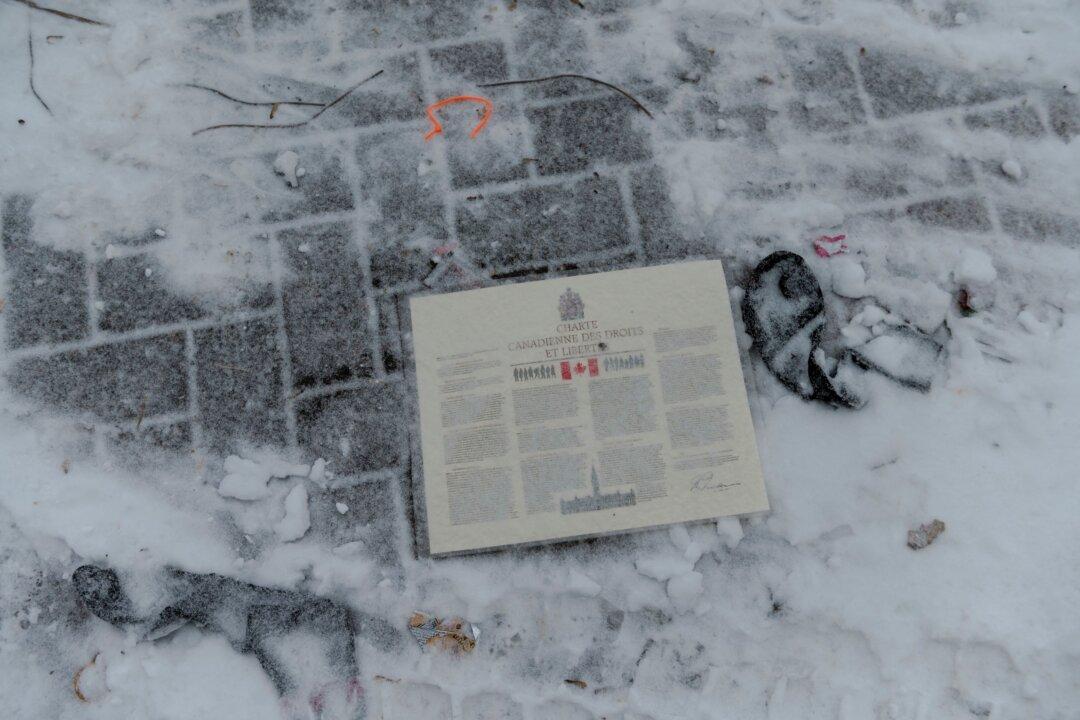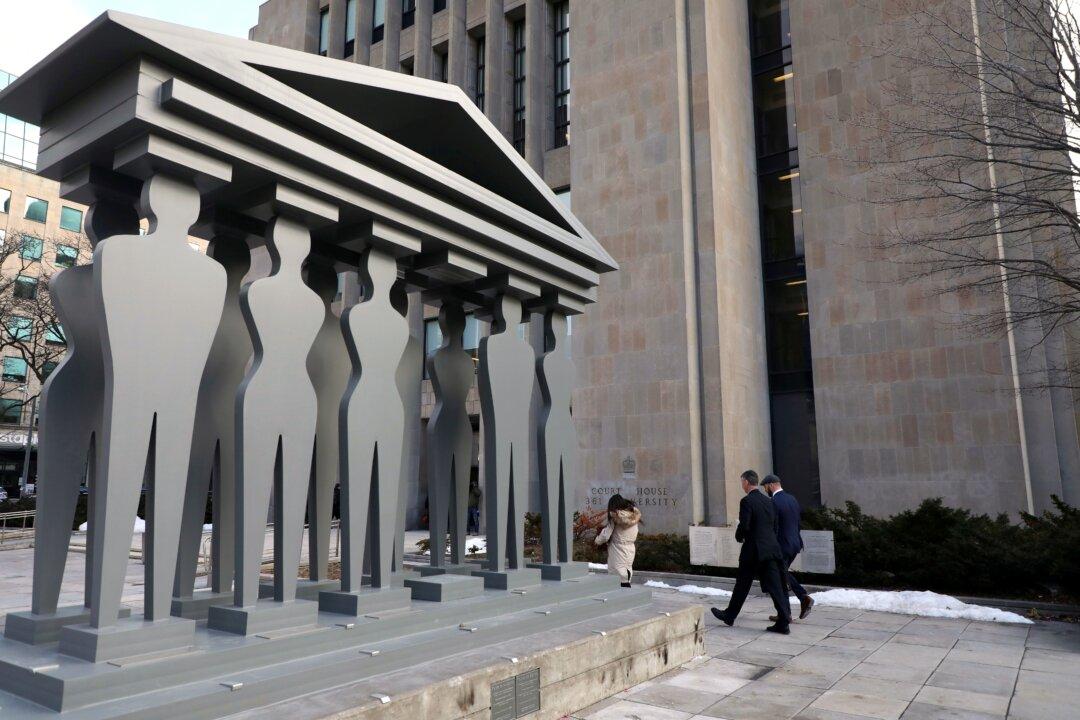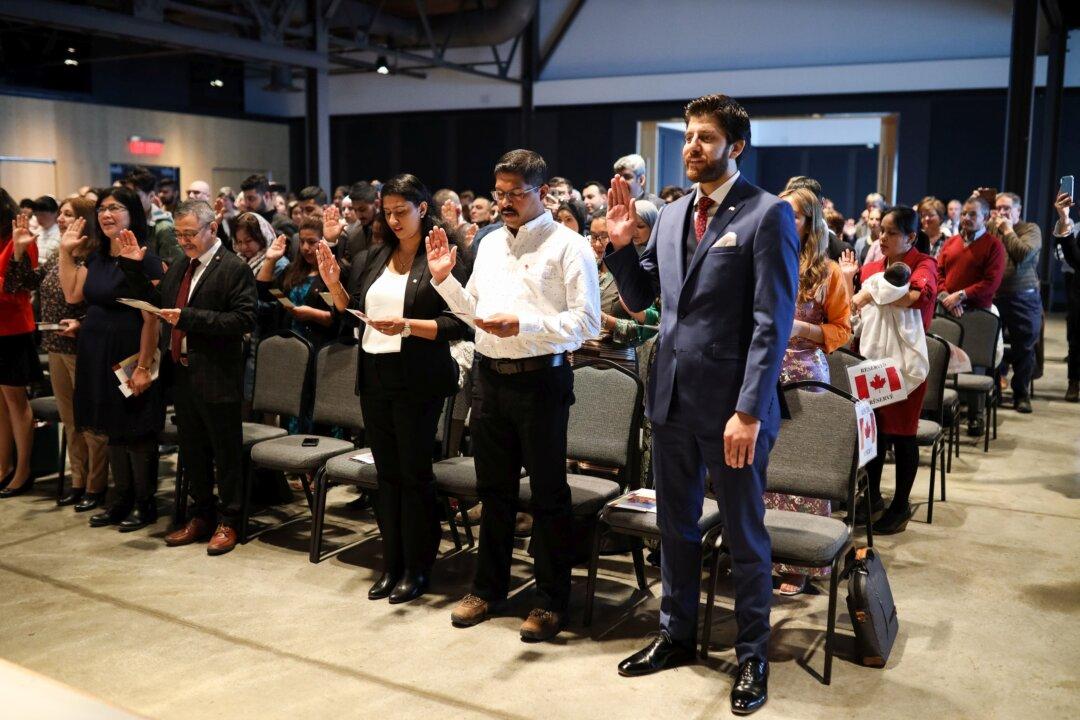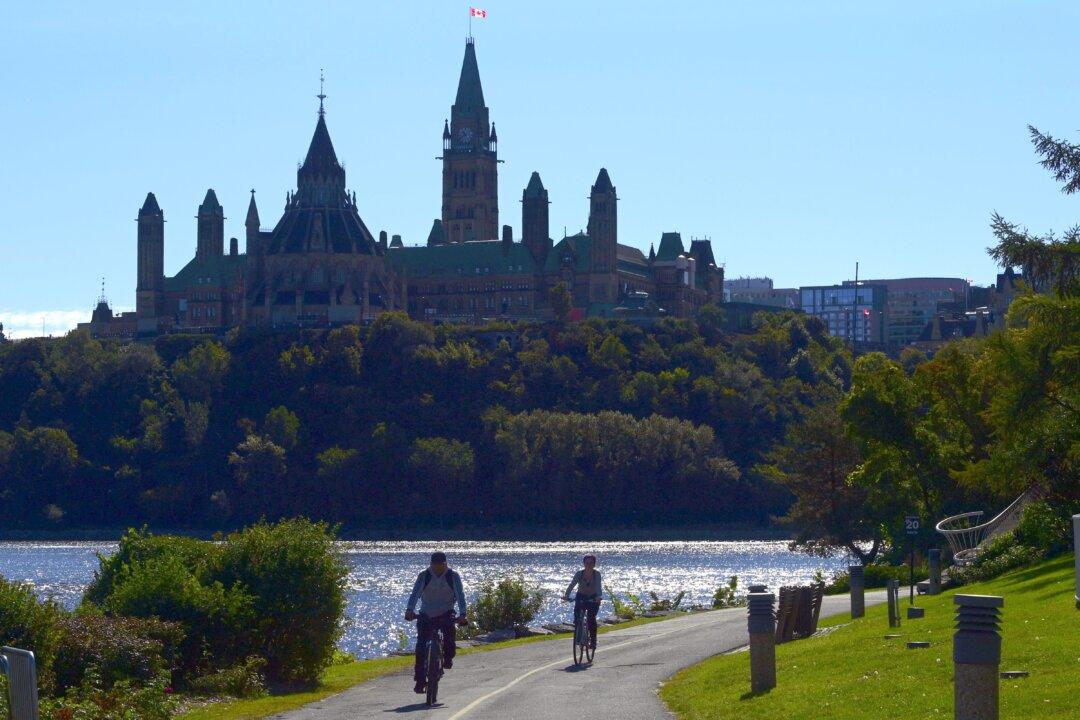Commentary
Under Section 2 of the Charter of Rights and Freedoms, Canadians are guaranteed freedom of thought, belief, and expression. These freedoms are fundamental in our democratic society. In fact, an official government commentary on the charter states: “In a democracy, people must be free to discuss matters of public policy, criticize governments and offer their own solutions to social problems.”





